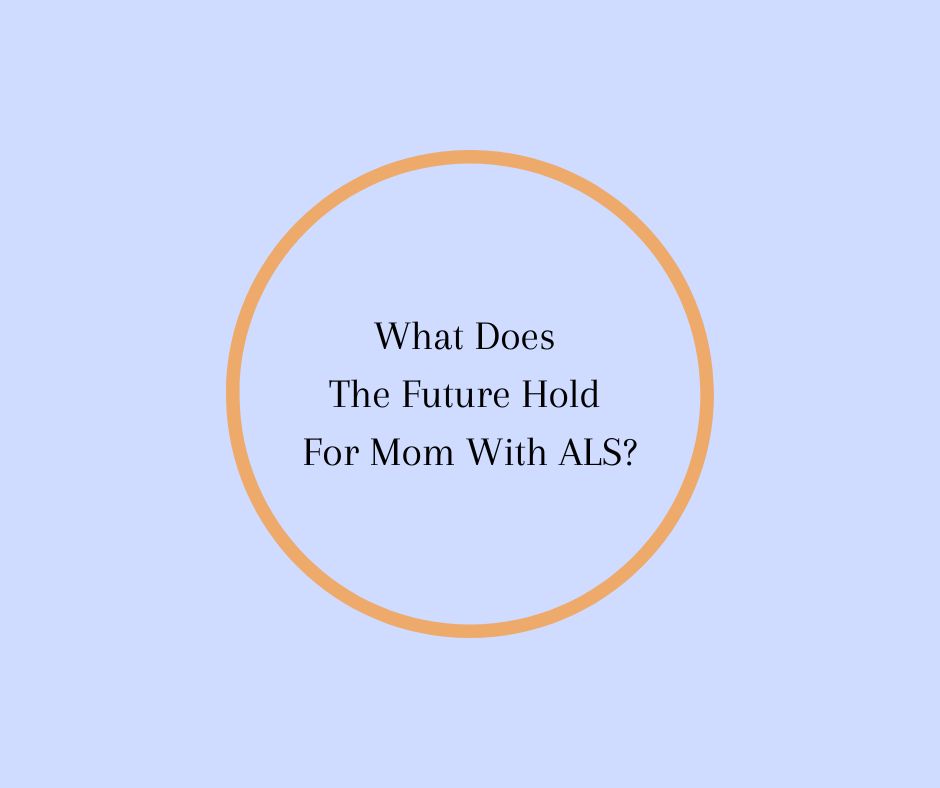Dear Barbara, I work with patients that are typically beyond traditional "home care", and are hospice appropriate, but continue to be treated and are not able to make the transition to hospice. Do you have any booklets that address the changes noted with end of life without the mention of hospice?
The dilemma of not wanting the word "hospice" associated with materials and/or care is unfortunately a common one. I think that is the basis for the creation of the word and idea of "palliative care", to deal with approaching end of life situations but not actually dealing with the eventual end of life.
Gone From My Sight doesn't have the word "hospice" in it but certainly addresses signs of approaching death. A Time To Live is for the patient with a life threatening illness and offers ideas on living. I do recommend
hospice as an option of care in that booklet, operative word there being “option”.
I think the issue of not mentioning hospice, although common, does not warrant not mentioning the word and what the care can provide. We just feed the fear if we ignore the elephant in the room.
Timing of the “hospice” talk is important as well as having an end of life talk before having the hospice talk. Actually, the beginning “talk” is with Advanced Directives when disease is not weighing down our rational thinking. When we know the person’s Advanced Directives we can use that information for the beginning of an approaching end of life discussion.
We, health care workers, have the responsibility for giving appropriate information regarding treatment: cure vs. remission vs. side effects vs. quality of life left. I acknowledge that that responsibility begins with the physician and the rest of us healthcare workers down the line from the physician have our “hands tied” until issues have been addressed. Here in lies a huge obstacle in end of life care today.
Having a physician that specializes in Geriatrics and/or having access to palliative care guidance helps establish appropriate goals, including an end of life conversation. When the disease progression has reached the point it is obvious that end of life is approaching, not saying something because it is uncomfortable to bring up the subject leaves us failing in our duty to a patient. Part of our job is to educate, guide and support people in their illness challenges, not simply mouth what they want to hear.






